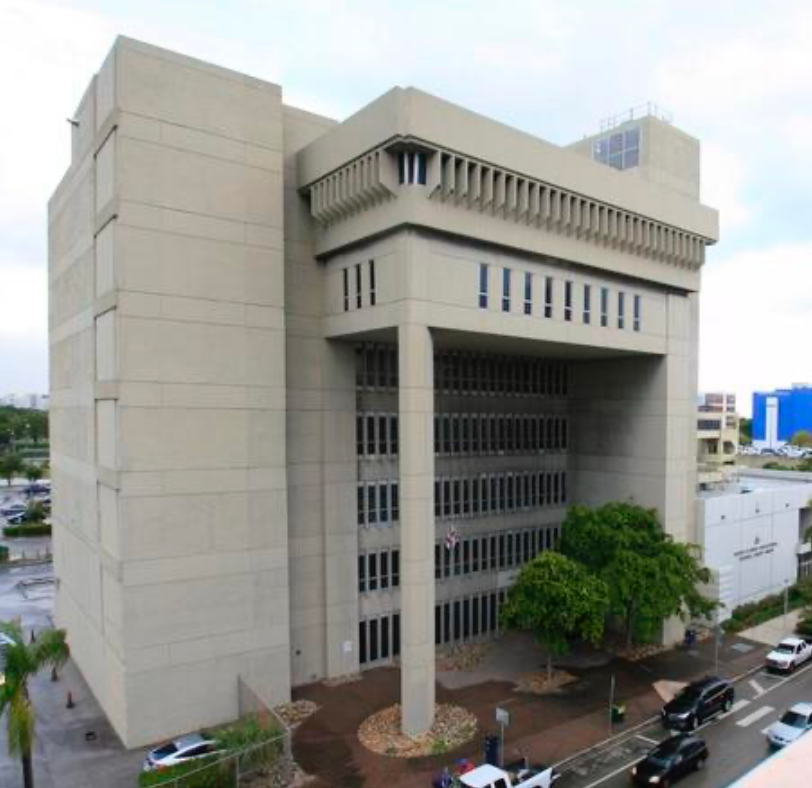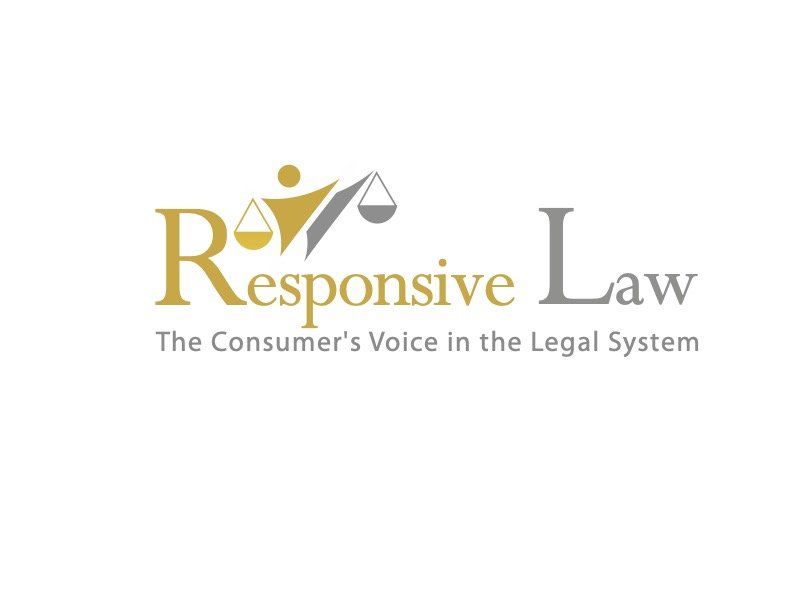United States comes to the party
California launches consultation on regulatory reform
England and Wales has been leading the world in regulatory reform over the last ten or more years. Many global business tell me that this has been instrumental in making the UK the best place to invest in the legal market and site a global legal business or law firm. But the US appears to be recognising the potential and after many false dawns several states are making serious moves. This week the California State Bar issued its options for reform for 60 days of public comment.
I think this raises two consequences that are worth highlighting. First, UK and global business need to look afresh at their strategy in the US. Second, UK legal regulators and the Government need to move further and faster in reforming their home market so that the UK remains attractive.
I have no doubt that global business can develop their own strategies in response (though of course I am always willing to help ) but they need to move quickly and, for starters, make clear, written responses to the California State Bar within the next 60 days. As for UK regulation, perhaps I will return to this in a future blog.
At this stage I want to simply highlight what is going on across the US. I have been involved in several of these initiatives but in writing this blog I am plagiarising Jayne Reardon from the Illinois Supreme Court Commission on Professionalism (with her permission of course) and her excellent article and summary which I have cut down for my shorter blog. A hat tip to Jayne who is an instrumental figure in US re-regulation efforts. Any errors in editing her work are my responsibility, but I have kept the US spellings out of respect. Writing this in Berlin I am increasingly deferring to American English and accepting that UK English is just a minor dialect – but perhaps that is just my Cornish desire to see off the English. Anyway, back to the future.
California
The California State Bar commissioned a task force to consider modernising regulation. ( Task Force on Access Through Innovation of Legal Services ). The recommendations are broad based but in two areas they will be seen as radical within the US. Rolling back the unauthorized practice of law and restrictions against fee-sharing are technical but fundamental.
ATILS recommended several exceptions to restrictions on the unauthorized practice of law, including:
·To
allow individuals who are not lawyers to offer certain types of legal services
to consumers, with regulation. Alternative regulation schemes include:
regulating the entity the individual works in and requiring the entity to
ensure quality control (entity regulation); creating a new licensing scheme for
individuals who are not lawyers; or certifying paraprofessionals and allowing
them to provide legal advice as an exemption from the UPL statutes.
·To allow state-certified/regulated/approved entities to use technology-driven legal services to engage in authorized law practice activities. In this case, the regulator must establish adequate ethical standards governing both the provider and technology. Specifically, client communications with technology-driven legal service delivery systems should receive equivalent protections as afforded by the attorney-client privilege and a lawyer’s duty of confidentiality.
Perhaps
anticipating controversy over proposals for allowing greater and closer collaboration
between lawyers and other professionals, the task force has made two
alternative proposals:
·Alternative
1 would allow a lawyer to share fees with another individual and be part of a
firm in which another individual holds a financial interest if: the firm’s sole
purpose is providing legal services; the other professionals provide services
that assist the lawyer in providing legal services; and the other individuals
have no power to direct or control the professional judgment of a lawyer.
·Alternative 2 would dramatically revise Rule 5.4, allowing fee sharing with someone who is not a lawyer if the lawyer or law firm obtains a client’s informed written consent to the arrangement. The ATILS report notes that innovation requires collaboration, multidisciplinary participation and funding/investment. Alternative 2 is “meant to create a major shift in Rule 5.4 around ownership and fee sharing with very limited regulation.”
Arizona
The Arizona Supreme Court relied on Bill Henderson’s Legal Services Landscape Report (that had been commissioned by California) in forming its Legal Services Task Force (LSTF). Noting that court rules haven’t kept pace with the changes impacting the delivery of legal services, the Arizona Supreme Court charged the task force with reviewing the regulation of the delivery of legal services in the state, focusing on “how rules and codes governing the practice of law in Arizona can be revised to improve the delivery of legal services to consumers by lawyers and others, such as document preparers.”
Although there may be further amendments throughout the process, the LSTF’s recommendations on lawyer regulation are significant and worth following. They include:
·Eliminate all of Rule 7.2 governing advertising and referrals, retaining only a requirement that advertising include a name and contact information;
·Eliminate Rule 5.4 and make revisions to other ethical rules that would: permit Arizona firms to include partners who aren’t lawyers, allow lawyers to share fees with professionals who aren’t lawyers and allow passive investment in law firms, while also reaffirming that lawyers are responsible for maintaining all ethical obligations to firm clients, including conflict considerations and confidentiality.
Utah
In late 2018, the Utah Supreme Court embarked on what it described as the “most promising initiative” moving toward equal access to justice, involving “profoundly reimagining the way the law is regulated in order to harness the power of entrepreneurship, capital and machine learning in the legal arena.”
John Lund (former president of the Utah State Bar) and Utah Supreme Court Justice Deno Himonas are leading a group that will make recommendations to the Court on “optimizing the regulatory structure for legal services in the Age of Disruption in a manner that fosters innovation and promotes other market forces so as to increase access to and affordability of legal services.”
The working group is charged with examining a new regulatory structure including:
·Loosening restrictions on lawyer advertising, solicitation and fee arrangements, including referrals and fee sharing;
·Providing for broad-based investment and participation in business models that provide legal services to the public, including non-lawyer investment and ownership of these entities;
·Creating
a regulatory body under the auspices of the Utah Supreme Court that would
develop and implement a risk-based, empirically grounded regulatory process for
legal services.
·Establishing a “regulatory sandbox” that will allow legal service providers other than lawyers to experiment with innovative models during a pilot or test phase.
Illinois
Jayne’s home state of Illinois issued a study of client-lawyer matching services and proposed a regulatory framework to ease the dual problems that (1) many of the civil legal needs of poor and moderate-income individuals are not met even while (2) many lawyers are underemployed or unemployed.
The Attorney Registration and Disciplinary Commission (ARDC) of the Supreme Court of Illinois issued a comprehensive report proposing soft regulation of matching-service providers and has been studying the comments received. The draft proposal includes:
·Matching service providers be required to register with and subject to regulation by the ARDC;
·Including for-profit client-lawyer matching services as well as existing referral services, providing more options for consumers;
·Allowing fee-splitting with registered matching services.
There is other activity under way that cuts across the US. The Association of Professional Responsibility Lawyers (APRL) has formed a Future of Lawyering Committee. It’s “goal to make meaningful proposals for change in the area of lawyer regulation so that the profession may both embrace evolving technology and increase the delivery of competent legal services to the American public, with full accountability and without unreasonably restraining competition.”
Elsewhere The Institute for the Advancement of the American Legal System (IAALS) current work includes exploring how the existing regulatory environment may impede innovation and access to legal services, examine new regulatory models and evaluate rules changes that might lead the way into the future.
It is hard to talk about the regulation of professionals in the US without reference to the case of NORTH CAROLINA STATE BOARD OF DENTAL EXAMINERS v. FEDERAL TRADE COMMISSION . The sheer number of interested parties tells us just how important other professional bodies and States thought the issues raised are. There is a good analysis of the case in Harvard Law Review but the case brings into focus the role of independent regulation and illegitimate protectionism. This might become a catalyst for more change or for more confident challenge of State Regulators by new entrants to the legal market. Will New York for example want to risk sparking Federal Trade Commission [LINK] interest rather than embracing some moves in line with other progressive states?
My view is
that the changes reviewed above are different to earlier ABA led consideration
of reform. Legal Mosaic's Mark Cohen
has often written about the ‘lawyer guild’ and he
tells me often of his ‘ABS envy’ and jealousy of what the Solicitors Regulatory
Authority has achieved. Well now anyone that cares about re-regulating the US
needs to get engaged. Social media is already alive with the lawyer guild condemning
the Californian changes. It’s State Bar can only make a fair and balanced
decision early in 2020 if it is informed, and that means legal business needs
to take this opportunity to show how they are operating in other markets safely
and can do so in the US to the benefit of its public and economy.











